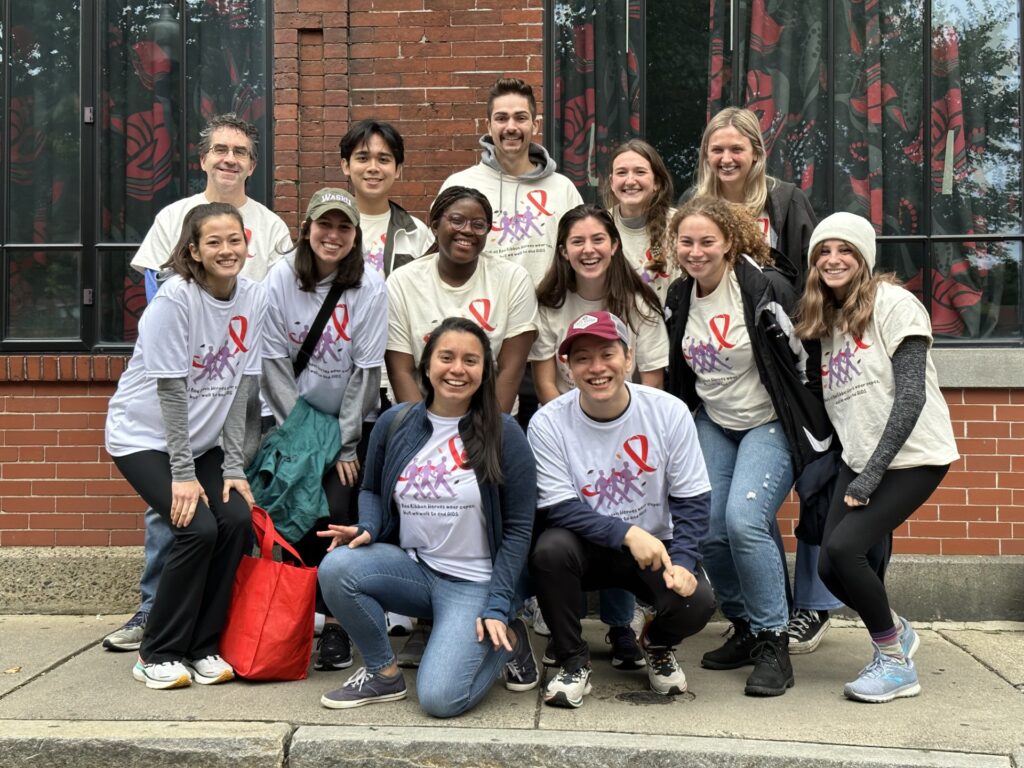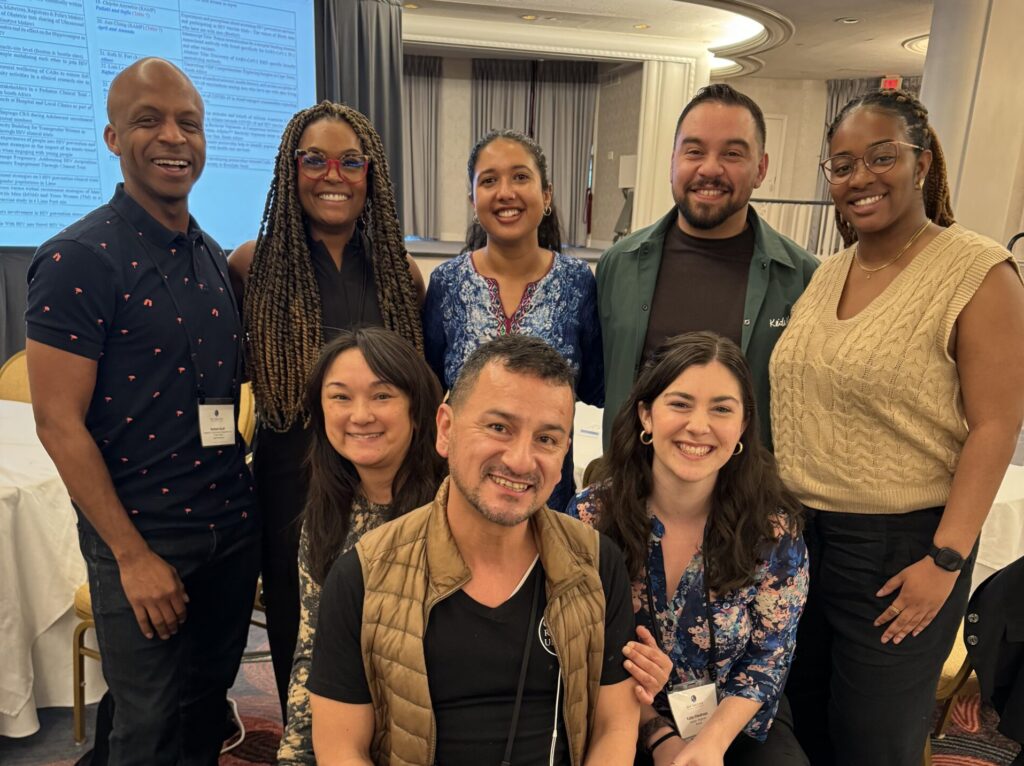Importance of Participation!
What are the side effects of a study vaccine?
Vaccine Studies
How do vaccines studies work?
Vaccines are used to train our bodies’ immune systems to fight off bacteria and viruses that can cause disease. That response especially depends on two main parts of the immune system: antibodies and T-cells. Antibodies prevent infections, and T-cells help to clear out the infected cells if an infection does happen. A vaccine can teach antibodies and T-cells what HIV looks like, so that our bodies are prepared to fight back faster and stronger if we are ever exposed to HIV. The studies are done in phases, step by step, to look at safety and immune responses while protecting the well-being of the participants.
Are these study vaccines safe?
We do not know all the risks of the study vaccines. Some are being tested in people for the first time, while with others we have more information and experience. Some adjuvants (products added to vaccines to get a stronger response) are also experimental. We do not move forward with studies in people until results from studies of the products in animals suggest that it is safe to do so. However, results in animals do not always predict the results in people. That is why the main purpose of Phase 1 studies is to test whether the study vaccines are safe to give to people. Each participant’s health will be watched closely throughout the study. If you are interested in joining a study, we will review all of the information we know about the specific products being used in that study during the informed consent process.
The products used in these studies are not made from live HIV, killed HIV, or HIV-infected human cells. These study products cannot cause HIV.
Can these study vaccines protect participants from getting infected with HIV?
Participants should not expect to be protected from HIV by these study vaccines. In fact, participants may not even get the study vaccines in the study, since some participants might get a placebo. Early stage studies are not designed to find out if the products work to prevent HIV infection. More studies will need to be done to learn if they do. It is not until Phase 2b or Phase 3, where thousands of people are enrolled, that we look at whether the product is successful in preventing infection. Because it is not expected that the study products will prevent HIV/AIDS, participants will be counseled on how to reduce their risk of HIV infection.
Could the study vaccines cause a positive result on a HIV test?
Yes, the study vaccines may cause you to test positive on some types of HIV tests. If a participant gets an HIV study vaccine, their body may make antibodies to HIV. Antibodies help you fight infection. Standard HIV tests search for HIV antibodies as a sign of infection. Because of this, a person could have a positive HIV test result even if they are not actually infected with HIV. This is called a vaccine-induced seropositive (VISP) test result. We do not know who will have VISP test results or how long these test results may last.
People with VISP test results need specific types of HIV tests to determine if a positive test result is due to VISP or a true infection. Clinics participating in HVTN studies have access to these specific tests that look for the virus itself instead of looking for antibodies. If you would like an HIV test, we ask that you only get one at one of these clinics. These tests are available to study participants without any charge, even after their study participation is complete.
No health problems are associated with a VISP test result, but VISP test results may cause problems in several areas such as medical or dental care, employment, insurance, a visa for traveling, or entry into the military. You might not be allowed to donate blood or other organs. If you are planning to apply for insurance, employment, or the military, tell your study clinic right away.
The insurance company, employer, or military agency may not accept HIV test results from the VTU. However, the VTU can work with them to ensure the right test is done that will show your true HIV status.


Eligibility
Can I sign up for a study if I live with HIV?
Yes. There are often studies specifically for people living with HIV. These studies may investigate HIV treatment or aim to advance prevention research. If you are living with HIV you may be a good match for one of these studies. By signing up, regardless of HIV status, researchers will be able to contact you if they have a study that could be a good fit.
Can I participate in this sudy if I have other medical conditions?
Some medical conditions can prevent your participation, and it varies from study to study. Please ask a study team member if you have a specific question.
Can I participate in this sudy if I am preganant or I think I am preganant?
Most of our studies do not enroll people who are pregnant, and pregnancy testing is done prior to each vaccination. This is because we don’t know about the safety risks to the fetus. We also counsel participants who are able to become pregnant about the use of contraception during the study.
Can I participate in a study even if I do not live in the Boston area?
The goal of the Red Ribbon Registry is to create a database of volunteers interested in HIV research for participation in current or future studies. There are many sites across the U.S. (and the world!) that are conducting studies